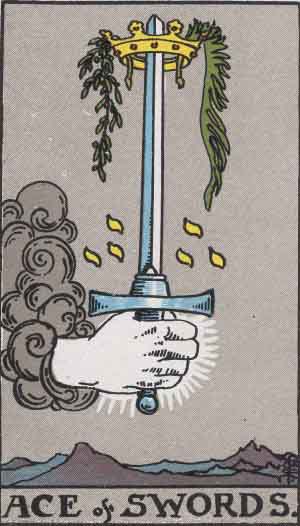
Seven of Wands

SEVEN OF WANDS
The Seven of Wands reversed represents a sense of folding on your beliefs, giving up, and admitting defeat in the context of relationships. It signifies a lack of courage, self-belief, and stamina, leading to a state of weakness and timidity. This card suggests that you may be failing to protect or defend your relationship, allowing external pressures or conflicts to wear you down. It also indicates a potential compromise or resolution that may be necessary to restore balance and harmony in your relationship.
Yielding to External Influences
The reversed Seven of Wands suggests that you may be yielding to external influences or societal expectations in your relationship. You might find yourself compromising your own values or desires to please others or avoid conflict. This can lead to a loss of control, power, and respect within the relationship, as well as a sense of surrendering your own needs and desires.
Lack of Assertiveness and Confidence
In the context of relationships, the reversed Seven of Wands indicates a lack of assertiveness and confidence. You may find it challenging to stand up for yourself or express your true feelings and opinions. This can result in a weakened position within the relationship, where your needs and boundaries are not adequately respected or acknowledged.
Exhaustion and Burnout
The reversed Seven of Wands suggests that you may be feeling exhausted and burnt out in your relationship. You might have been putting in a lot of effort and energy without receiving the same level of support or reciprocation from your partner. This imbalance can lead to feelings of weariness and a diminished ability to effectively navigate challenges or conflicts.
Compromising Integrity
In relationships, the reversed Seven of Wands warns against compromising your integrity or moral values. You may be tempted to engage in dishonesty or unethical behavior to maintain the relationship or avoid confrontation. However, this can result in a loss of moral authority and respect, potentially leading to a scandal or erosion of trust within the relationship.
Overbearing and Unpopular Behavior
The reversed Seven of Wands suggests that you may be exhibiting overbearing or unpopular behavior within your relationship. Your assertiveness and desire to protect your own interests may come across as aggressive or domineering, causing tension and conflict. It is important to find a balance between standing up for yourself and respecting the needs and boundaries of your partner to maintain a healthy and harmonious relationship.
Explore All Tarot Cards













































































